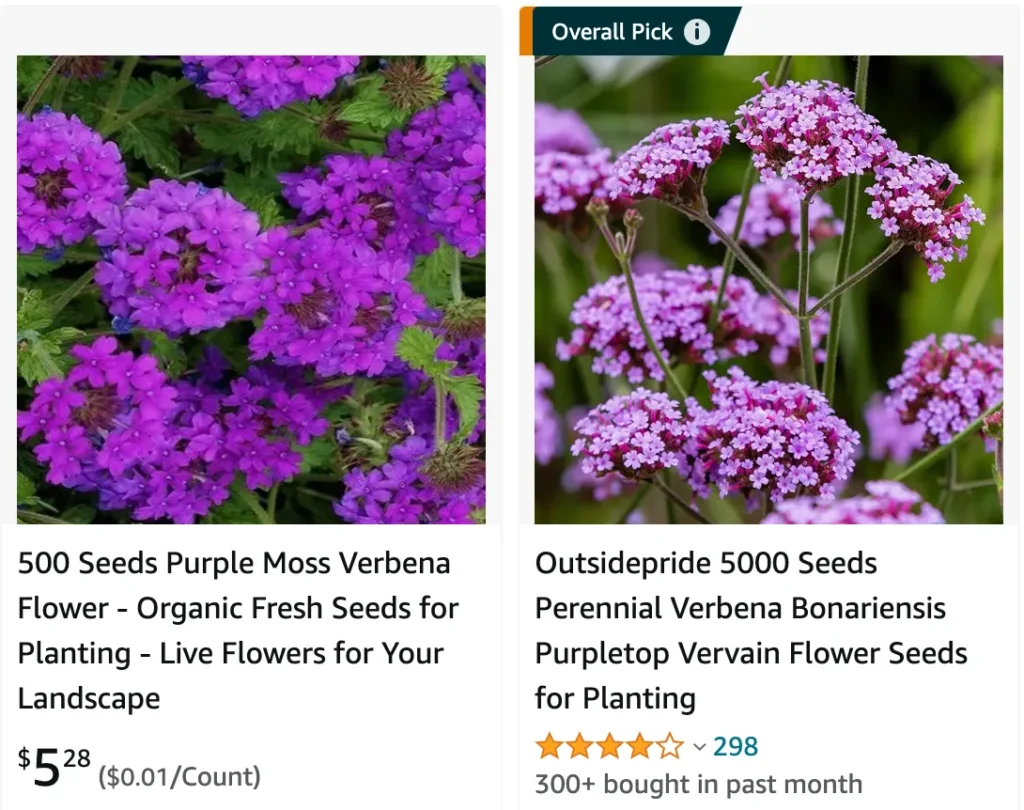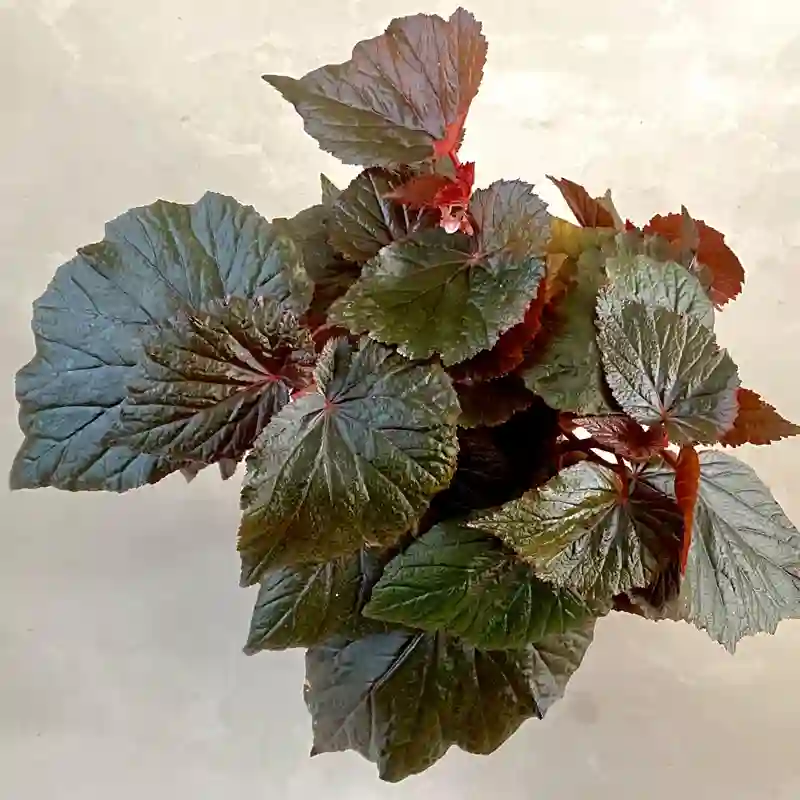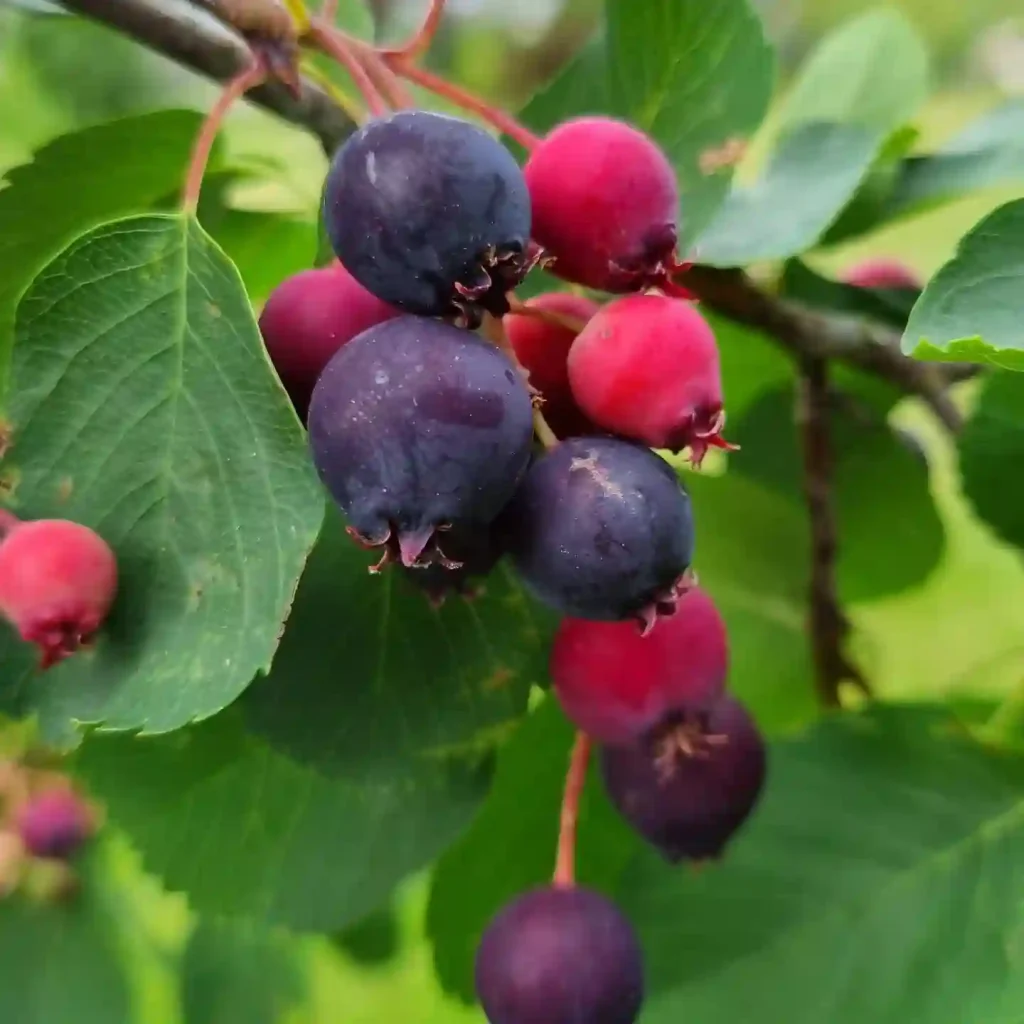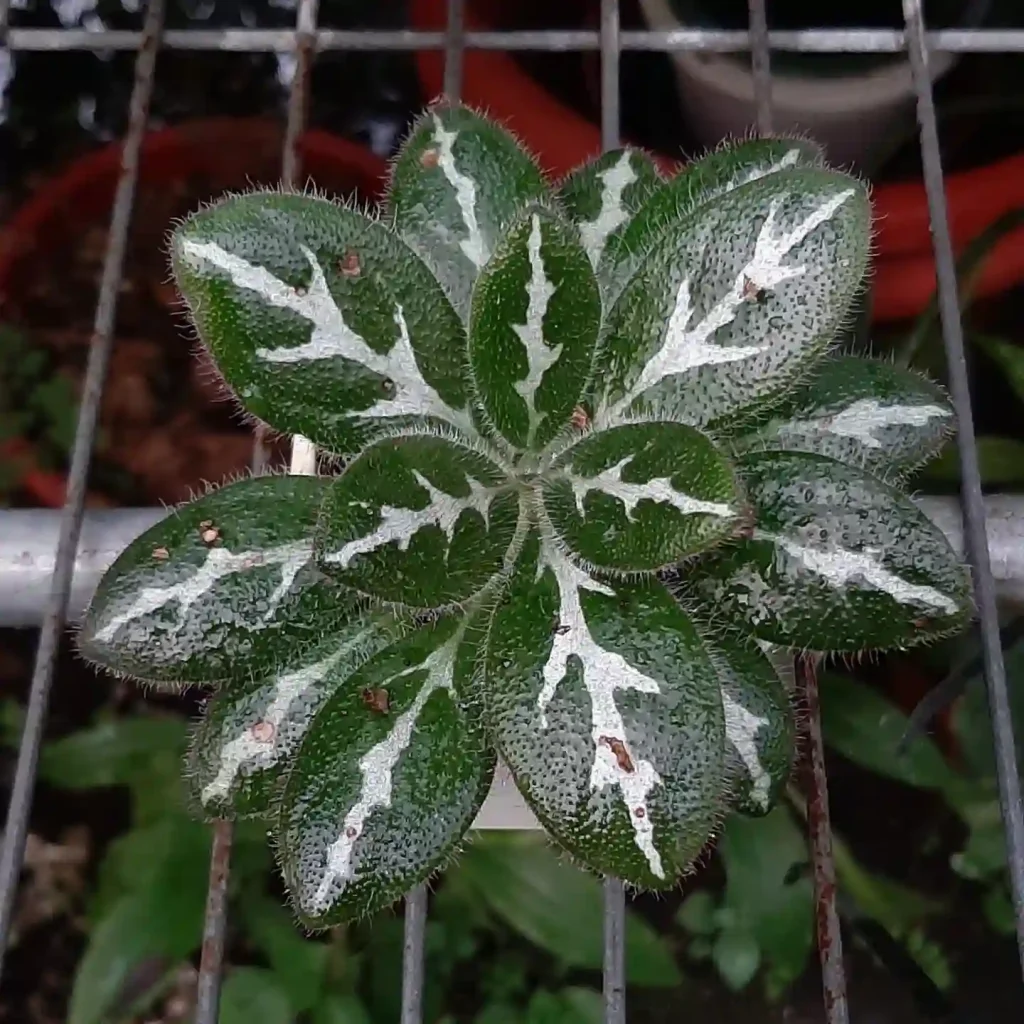
The Unassuming Beauty of Rose Verbena: A Gardener’s Delight
There’s a certain charm in the unassuming. In the garden, where flamboyant roses and dramatic lilies vie for attention, the humble Rose Verbena – Glandularia Canadensis holds its own with quiet grace. Its delicate pink to purple flowers, borne on sprawling stems, bring a touch of cheerful color throughout the summer. But beyond its beauty, Rose Verbena offers a surprising level of resilience and adaptability, making it a favorite among gardeners like myself.
Does Rose Verbena Come Back Every Year?
Whether your Rose Verbena returns year after year depends on your climate. In warmer zones (USDA hardiness zones 5-9), it thrives as a perennial, regrowing faithfully each spring. However, in cooler regions, it behaves more like an annual, completing its lifecycle in a single season. But fear not, even in cooler climates, Rose Verbena readily self-seeds, ensuring a fresh crop of blooms the following year.
How to Grow Rose Verbena?
The beauty of Rose Verbena lies not just in its appearance, but also in its ease of care. Here’s what you need to know to cultivate this delightful flower:
- Sunlight: Rose Verbena basks in the sunshine. Aim for at least 6-8 hours of direct sunlight daily for optimal flowering.
- Soil: Well-drained soil is key. Rose Verbena tolerates poor soil conditions surprisingly well, but avoid waterlogged areas.
- Watering: Keep the soil consistently moist, especially during the first few weeks after planting. Once established, Rose Verbena is quite drought-tolerant.
- Feeding: Fertilization isn’t strictly necessary, but a light feeding with a balanced fertilizer in early spring can encourage bushier growth and more blooms.
- Deadheading: Regularly removing spent flowers promotes continuous blooming throughout the season. Simply pinch off the flower heads at the base of the stem.
Is Rose Verbena Edible?
While Rose Verbena isn’t considered toxic, it’s not typically grown for culinary purposes. The leaves have a somewhat bitter taste, and the ornamental varieties may have been treated with pesticides. There are other members of the Verbena family specifically grown for herbal use, like Lemon Verbena, with a refreshingly citrusy aroma.
Will Rose Verbena Grow in Partial Shade?
Rose Verbena thrives in full sun, but it can tolerate some light shade, particularly in hotter climates. However, expect fewer blooms and a less vigorous growth compared to plants bathed in sunshine.
How to care for Rose Verbena?
While Rose Verbena is a low-maintenance plant, a few additional tips can enhance its performance:
- Pinching: Pinching back the stems occasionally encourages bushier growth and more flowers.
- Overwintering: In colder zones, mulch around the base of the plant in late fall to protect the roots from harsh winter temperatures.
- Pests and Diseases: Rose Verbena is generally resistant to pests and diseases. However, keep an eye out for common garden problems like aphids or powdery mildew.
What to Plant with Rose Verbena
Rose Verbena’s sprawling habit and cheerful blooms make it a versatile companion plant. Here are some ideas:
- Low-growing perennials: Yarrow, Catmint, and Bluebells create a harmonious tapestry of color and texture.
- Grasses: Ornamental grasses like Blue Fescue or Maiden Grass add a touch of movement and contrast.
- Vegetables: Rose Verbena attracts pollinators like bees and butterflies, which can benefit nearby vegetable crops.
With its easygoing nature and vibrant blooms, Rose Verbena is a welcome addition to any garden. From its resilience in various climates to its low-maintenance needs, this little charmer offers a delightful combination of beauty and ease. So, give Rose Verbena a try, and let its unassuming charm brighten your garden with a touch of summer magic.
If i die, water my plants!



